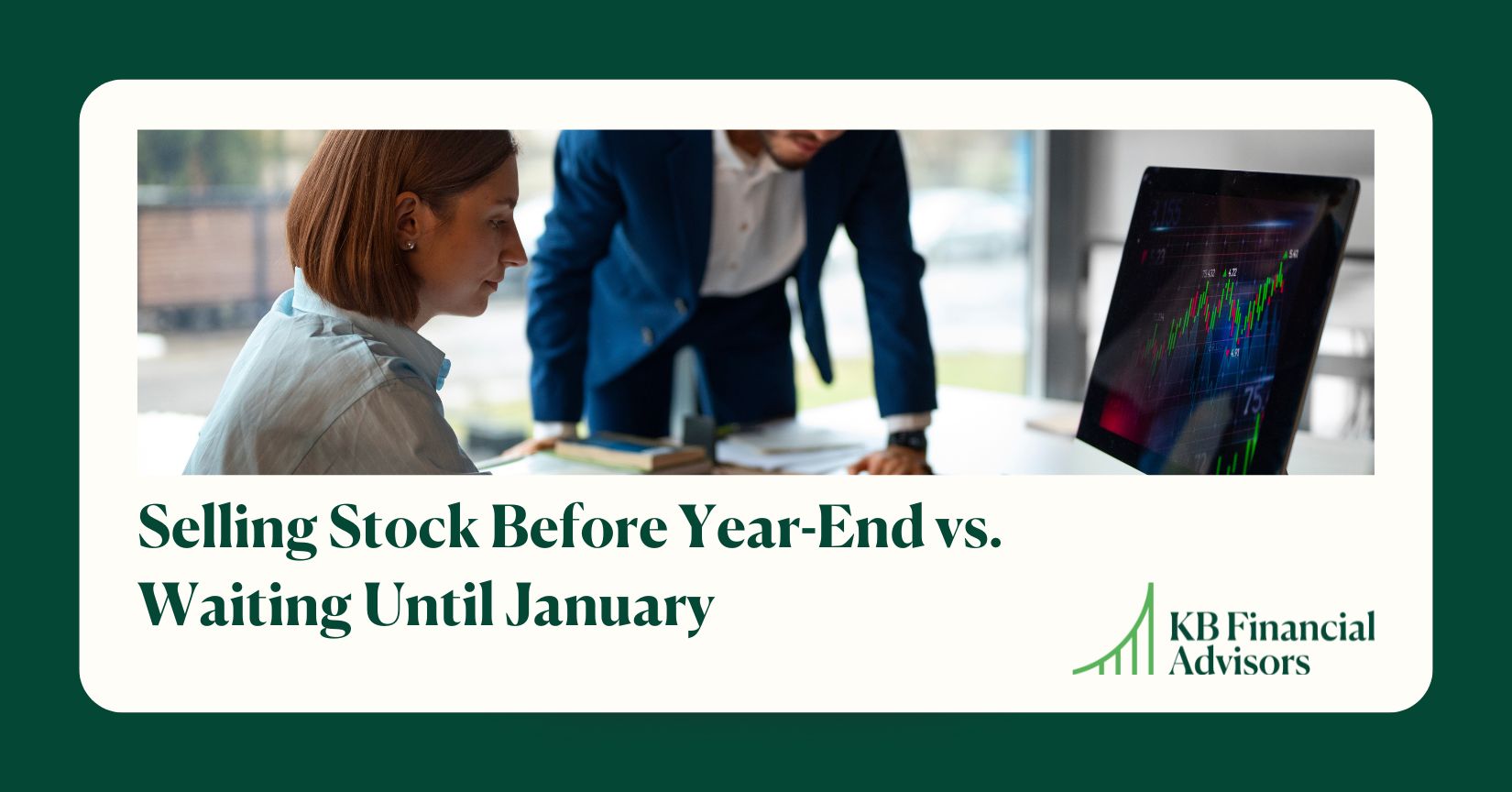Imagine getting your founder shares and choosing to handle the taxes right away. Sounds odd, but it works. That is the Section 83(b) election.
By paying tax on today’s (hopefully, lower) fair market value, you can start the clock on long term capital gains and potentially save a lot when the company takes off. If you expect big growth and plan to stay involved, this is one of those small, smart moves that can pay off in a big way.
In this guide to 83b election, we’ll unpack how it works and what you should think about when deciding if the 83(b) election is for you.
What An 83(B) Election Actually Does
The 83(b) election lets you tell the IRS that you want to be taxed today on the stock you received, rather than later as the stock vests.
If you file, the taxable event is the date you are granted the shares, not each vesting date. That matters because if the company is very early stage and the shares are cheap today, you will pay tax on a small amount now.
If the company grows, the later increase in value is taxed as capital gain when you sell, which usually comes with lower rates than ordinary income.
But remember, the election is binding, and you generally cannot reverse it later.
Why Founders Often Choose To File
Let’s say you’re a founder and you’ve just been issued restricted shares that vest over time. For a detailed approach, see our Guide to 83b Election. Right now the company is brand new and each share is only worth 50 cents. Fast-forward a few years and you’re expecting to go public, and at that point, you think each share could be worth $150.

If you do nothing, you’ll be taxed at your ordinary income rate, let’s say 37%, on the value of the shares as they vest. That means you’d be paying ordinary income tax on $150/ share at IPO time.
If you file an 83(b) election today, you choose to be taxed now on the current fair market value, at just $0.50 per share. For more details, see our Guide to 83b Election. You pay ordinary income tax on a very small number now, when the company is young and the shares are cheap. Then, when you eventually sell the shares after you’ve held them for more than a year, any additional gain from $0.50 to $150 per share is taxed at the lower long-term capital gains rate, around 23.8% instead of 37%.
So you’re saving in two ways at once:
- Up-front: you’re paying ordinary income tax on pennies instead of dollars
- On the back end: you’re converting future appreciation into lower-taxed long-term capital gains.
In this scenario, you’ve effectively turned a future 37% tax on a $150 per-share gain into a 23.8% tax on that same gain, and you only paid ordinary tax on $0.50 per share up front. For a big exit, that difference can mean tens or hundreds of thousands of dollars back in your pocket!
However, this powerful tax strategy comes with risks.
The Risks You Need To Understand
Filing an 83(b) election is a bet on your company’s future. You’re saying, “I believe these shares are going to be worth a lot more later, so I’ll pay tax on them now.” That works great if the value goes up. But what if it doesn’t?
If the fair market value drops after you file, you’ve already paid ordinary income tax on a higher value than the shares are now worth. You can’t undo the election and you don’t get a refund of that tax. In hindsight, you might have paid far less tax if you’d waited.
Another risk is vesting. Most founder stock is subject to a vesting schedule or repurchase rights. When you file an 83(b), you’re paying tax up front on shares you don’t fully own yet. If you leave the company, get bought out, or lose unvested shares for any reason, you’ve still paid tax on those forfeited shares and that money is gone.
So the real gamble is twofold: you’re betting the company’s value will go up and you’re betting you’ll still own the shares by the time that happens. For a detailed strategy, see our Guide to 83b Election. If either part of that bet fails, the value falls or you lose unvested shares, your 83(b) can cost you more than it saves.
That’s why it’s worth sitting down with a tax advisor before you file, making sure you’re comfortable with the risk, and only paying the tax up front if you can afford to lose it. Learn more about strategies and pitfalls in “Gifting QSBS Stock: What To Do and Not To Do.
The 30 Day Window
The single most important rule is the 30-day window. You must file within 30 calendar days after the date the stock is transferred to you. For more details, see our Guide to 83b Election. If the thirtieth day falls on a weekend or holiday, you get until the next business day. There are no extensions.
So start planning early. If you decide to file, mark the grant date and put a reminder in your calendar right away.
Filing The 83(b) Election
Recently, the IRS started standardizing the election process by providing a dedicated Form 15620 for Section 83(b) elections. It allows for online submission and it gives you an immediate confirmation.
However, as online filing is new, the process is still being streamlined. You may choose to fallback on the tried and tested method of filing with a short election letter, with key information: name, taxpayer ID, address, description of the property, date of transfer, taxable year, a clear description of applicable restrictions, fair market value at transfer, any amount paid, and a statement that a copy has been furnished to the employer.
This is something we can help with at KB Financial Advisors. We’ve worked with dozens of founders and their 83(b) elections.
More important than paperwork, we advise our founders on timing and risks that are unique to their situation. We get them closer to answering the million dollar question.
Is the 83(b) Election Suitable For You?
An 83(b) election can be one of the most powerful tax moves a founder makes, but it requires some planning and objectivity. There are important considerations to think through, like, what if a liquidity event never happens? How long are you planning on staying in the company?
If in doubt, Our expert Kb financial advisors are here for you. We work with tech founders all year round and can help you arrive confidently at the right decision for the 83(b) election.
Book a call with us and we’ll get right back to you.




